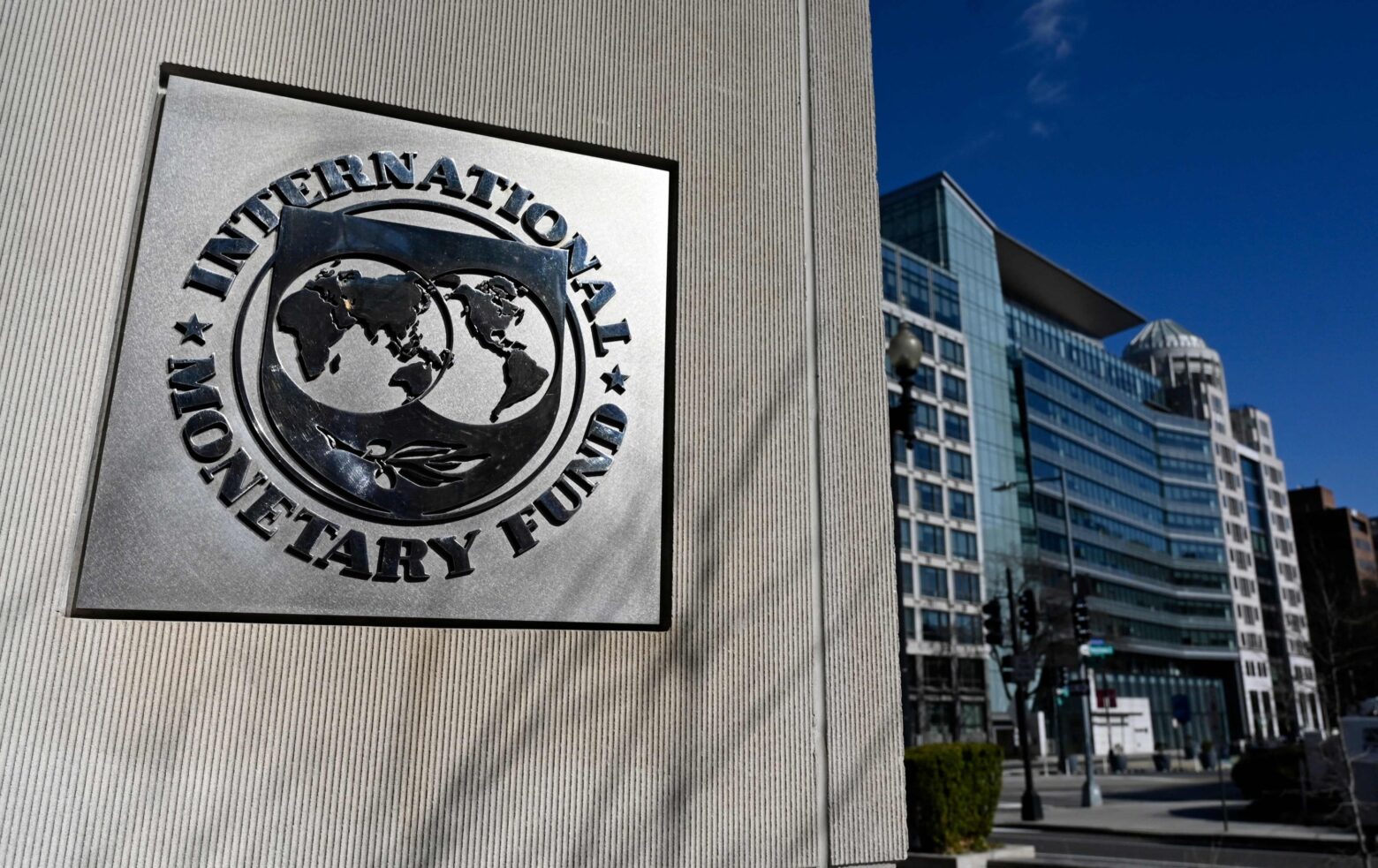
The recent unraveling of Zambia’s $3 billion bond renegotiation deal is sending shockwaves far beyond the nation’s borders, casting doubt on the effectiveness of the framework designed to swiftly guide financially troubled nations back on their feet.
Just weeks after the International Monetary Fund (IMF)-approved agreement with bondholders was tentatively reached, Zambia’s government announced on Monday that the deal couldn’t proceed due to objections from bilateral creditors. These creditors argue that the terms of the agreement aren’t on par with the relief offered by other countries like France, China, and India.
The repercussions of this setback are echoing in countries currently undergoing debt restructurings, such as Ghana and Sri Lanka, and are raising serious concerns about the commitment of Western nations and global lenders to assist impoverished countries in overcoming their overwhelming debt burdens.
Brad Setser, a fellow at the Council on Foreign Relations, emphasizes that the issue extends beyond Zambia, suggesting a need to reevaluate how debt sustainability and market access for low-income countries are assessed.
At the heart of the problem lies the Common Framework, a G20-backed debt negotiation architecture launched in 2020. This framework aimed to streamline and expedite deals for financially distressed low-income countries, particularly those grappling with the complexities introduced by lenders like China. Despite setting basic principles at its launch, progress has proven more challenging than anticipated.
Zambia, serving as the framework’s test case, is now entering its fourth year of default. The prolonged and complicated path it has taken may discourage other struggling nations, such as Tunisia, Egypt, and Kenya, from pursuing debt restructurings through the Common Framework.
International bondholders argue that the framework lacks transparency regarding other creditors’ concessions, making it difficult to negotiate fair deals. There is widespread agreement that the framework doesn’t offer clarity on what constitutes fair treatment of various creditors or how concessions to indebted nations should be quantified.
The current dispute revolves around the “Comparability of Treatment” principle, aiming to prevent wealthy creditor nations from providing more substantial concessions than private lenders or those outside the Paris Club. Zambia’s government contends that the Official Creditor Committee sank the bondholder deal due to a violation of this principle, sparking outrage among bondholders who argue that they offered more debt relief than bilateral lenders on a net present value basis.
The lack of clear rules for calculating concessions allows creditors to reach different conclusions. The absence of consensus on these matters between key players like China and France further complicates the situation.
Addressing these challenges is crucial for the success of the Common Framework, and various stakeholders, including the Global Sovereign Debt Roundtable, are working to navigate these issues and establish consensus on crucial factors like net present values and comparability of treatment.
With a record $554 billion of sovereign debt in default globally, resolving these challenges is essential for quickly assisting distressed countries. While acknowledging the flaws in the framework, some argue that it remains the best available option for sovereign debt restructuring, emphasizing the urgency of finding common ground to facilitate relief for debtor nations.
